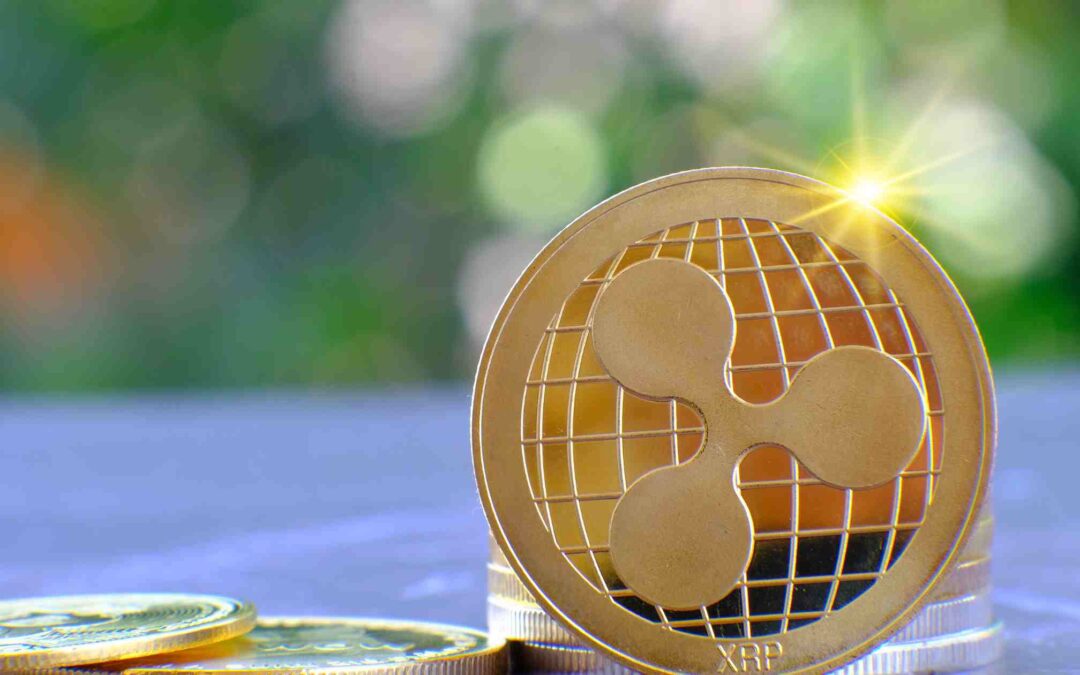In a groundbreaking development, a judge ruled that XRP is not considered a security in the Securities and Exchange Commission’s (SEC) case against Ripple. This ruling has significant implications for the future of XRP and the broader crypto industry.
On July 13, 2023, Ripple Labs won against the SEC, and XRP was declared to not be a security.
The company achieved a notable win in the United States District Court in the Southern District of New York when Judge Analisa Torres issued a partial ruling in favor of the company. This ruling pertained to a case brought against Ripple by the Securities and Exchange Commission (SEC) that dates back to 2020.
It’s official, Ripple’s token (XRP)is not a security
Based on documents filed on July 13th, Judge Torres granted summary judgment in favor of Ripple Labs.
The ruling clarified that the XRP token should not be considered a security, specifically in relation to its programmatic sales on digital asset exchanges.
However, the SEC also secured a victory of its own as the federal judge determined that XRP qualified as a security when sold to institutional investors. This classification was based on the conditions outlined in the Howey Test.
The SEC’s lawsuit aimed to compel Ripple to cease offering its XRP token, arguing that it qualified as a security and, therefore, required additional regulatory measures.
According to court documents, the motion for summary judgment by the defendants has been granted for Programmatic Sales, Other Distributions, and the sales made by Larsen and Garlinghouse. However, it has been denied for Institutional Sales.
This means that the XRP token is not considered a security when sold through retail digital asset exchanges.
After this news broke, the price of XRP surged from $0.45 to $0.61 within a few minutes.
The legal case against Ripple began in December 2020 when the Securities and Exchange Commission (SEC) filed a lawsuit against Ripple and its two top executives, Brad Garlinghouse and Chris Larsen.
The SEC alleged that the company was offering an unregistered security.
Throughout the past three years, the case has been filled with dramatic twists, including the release of the “Hinman Documents” and Garlinghouse’s ongoing defiance in response to the SEC’s accusations.
In addition to the noticeable price movement of the XRP token following this news, the general sentiment within the cryptocurrency community seems to be one of celebration and joy.
XRP’s non-security status
Ripple CEO Brad Garlinghouse is confident that the United States Securities and Exchange Commission (SEC) will face a lengthy process before being able to appeal the recent ruling in its case against Ripple Labs.
During an interview with Bloomberg on July 15, Garlinghouse downplayed the significance of the ruling regarding institutional sales, referring to it as “the smallest piece” of the overall lawsuit. He expressed his belief that if the SEC were to appeal the ruling on retail sales, it would only serve to reinforce Judge Torres’ decision.
Despite acknowledging that it may take a considerable amount of time before the SEC can file an appeal, Garlinghouse firmly stated his belief in the current legal status of XRP: “Based on the current law of the land, XRP is not classified as a security. Given the lengthy process required for the SEC to file an appeal, which could take years, we maintain a high level of optimism.”
Garlinghouse emphasized that this marks the first instance where the SEC has faced a setback in a “crypto case.” He openly criticized the SEC, referring to them as “bullies” who target players in the crypto industry unable to mount a strong defense.
He highlighted the initial response of various U.S. crypto exchanges when the lawsuit against Ripple was initially filed.
Many took a cautious approach, waiting to observe the outcome due to the uncertainty surrounding the case. Consequently, exchanges such as Coinbase and Kraken decided to delist XRP entirely.
Garlinghouse accused the SEC of deliberately creating confusion in the market. He claimed that the SEC was aware of the existing confusion and intentionally engaged in actions that further exacerbated the situation.
According to Garlinghouse, this deliberate confusion was a means for the SEC to exert its power, hindering innovation within the United States. He criticized the SEC for prioritizing power and politics over the establishment of clear regulatory frameworks, resulting in difficulties for entrepreneurs and investors seeking to participate in the U.S. crypto market and blockchain industry.

